Floor wall tiles beige are a popular choice in many homes and commercial spaces due to their timeless beauty and versatility. With their neutral color, these tiles can seamlessly blend into any decor style, making them an ideal choice for both traditional and modern interiors. In this comprehensive guide, we will explore the various aspects of floor wall tiles beige, including their benefits, popular applications, and maintenance tips. Benefits of Floor Wall Tiles Beige: 1. Versatility: One of the main advantages of floor wall tiles beige is their incredible versatility. Beige is a neutral color that pairs well with various other shades, allowing you to effortlessly create a harmonious and balanced look in any space. Whether you prefer a contemporary or traditional aesthetic, the beige tiles are a perfect fit. 2. Timeless Beauty: Beige tiles exude elegance and sophistication, creating a timeless appeal in any room. They provide a warm and welcoming atmosphere that is both inviting and calming. Their understated beauty ensures that they won’t go out of style, making them a long-term investment. 3. Light Reflectivity: Another benefit of floor wall tiles beige is their ability to reflect light. Due to their lighter tones, these tiles can make a room appear brighter and more spacious. This is particularly advantageous in smaller spaces or areas with limited natural light, as beige tiles can help create an illusion of openness and airiness.
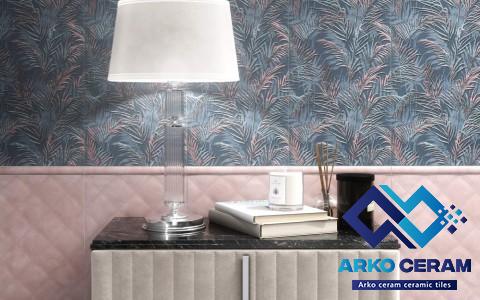
.
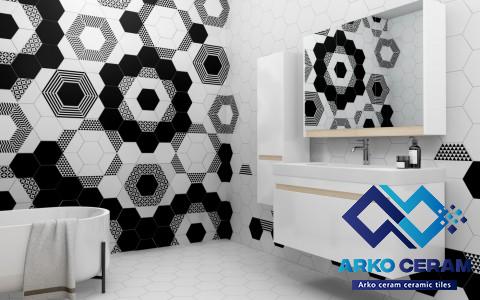 Popular Applications of Floor Wall Tiles Beige: 1. Living Areas: Beige tiles are a popular choice for living areas, such as living rooms and entertainment spaces. Their neutral color allows them to serve as a backdrop for other decorative elements, such as furniture and artwork. They create a soothing and comfortable atmosphere, perfect for relaxation and socializing. 2. Kitchen: The kitchen is often considered the heart of the home, and beige tiles can add a touch of warmth and elegance to this space. Whether you opt for a beige tile backsplash or tile the entire floor, these tiles will provide a timeless and versatile backdrop for your culinary adventures.
Popular Applications of Floor Wall Tiles Beige: 1. Living Areas: Beige tiles are a popular choice for living areas, such as living rooms and entertainment spaces. Their neutral color allows them to serve as a backdrop for other decorative elements, such as furniture and artwork. They create a soothing and comfortable atmosphere, perfect for relaxation and socializing. 2. Kitchen: The kitchen is often considered the heart of the home, and beige tiles can add a touch of warmth and elegance to this space. Whether you opt for a beige tile backsplash or tile the entire floor, these tiles will provide a timeless and versatile backdrop for your culinary adventures.
..
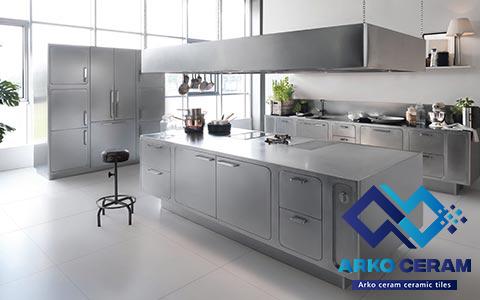 3. Bathroom: Beige tiles are also commonly used in bathrooms due to their ability to create a clean and serene environment. Whether you choose to use them on the walls, floors, or both, these tiles can transform your bathroom into a spa-like oasis. Additionally, beige tiles can effortlessly complement any plumbing fixtures and fittings, allowing you to create a cohesive and visually pleasing space. 4. Commercial Spaces: Floor wall tiles beige are highly sought after in commercial spaces, such as offices, hotels, and retail stores. Their neutral color allows them to blend seamlessly with any branding or interior design concept, while their durability and ease of maintenance make them an ideal choice for high traffic areas.
3. Bathroom: Beige tiles are also commonly used in bathrooms due to their ability to create a clean and serene environment. Whether you choose to use them on the walls, floors, or both, these tiles can transform your bathroom into a spa-like oasis. Additionally, beige tiles can effortlessly complement any plumbing fixtures and fittings, allowing you to create a cohesive and visually pleasing space. 4. Commercial Spaces: Floor wall tiles beige are highly sought after in commercial spaces, such as offices, hotels, and retail stores. Their neutral color allows them to blend seamlessly with any branding or interior design concept, while their durability and ease of maintenance make them an ideal choice for high traffic areas.
…
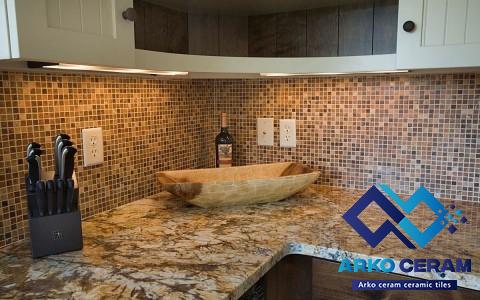 Maintenance Tips for Floor Wall Tiles Beige: 1. Regular Cleaning: To maintain the beauty of your floor wall tiles beige, it is important to clean them regularly. Remove any loose dirt or debris using a broom or vacuum cleaner, and then mop the tiles with a mild detergent solution. Avoid using abrasive cleaners or tools, as they can damage the tiles’ surface. 2. Stain Removal: In the event of spills or stains, it is important to act quickly to prevent permanent staining. Blot the spill with a clean cloth or paper towel, and then clean the area with a mild detergent and warm water. For stubborn stains, you can use a non-abrasive stain remover specifically designed for tiles. 3. Grout Maintenance: Beige tiles are often paired with white or light-colored grout, which can easily become dirty or discolored over time. To maintain the cleanliness of the grout, regularly scrub the lines with a grout cleaner and a toothbrush. This will help prevent the growth of mold and mildew and keep your tiles looking pristine. 4. Sealing: Depending on the type of beige tiles you choose, it may be necessary to seal them to protect against stains and moisture. Consult with a professional or refer to the manufacturer’s instructions to determine whether your tiles require sealing and the recommended products and frequency.
Maintenance Tips for Floor Wall Tiles Beige: 1. Regular Cleaning: To maintain the beauty of your floor wall tiles beige, it is important to clean them regularly. Remove any loose dirt or debris using a broom or vacuum cleaner, and then mop the tiles with a mild detergent solution. Avoid using abrasive cleaners or tools, as they can damage the tiles’ surface. 2. Stain Removal: In the event of spills or stains, it is important to act quickly to prevent permanent staining. Blot the spill with a clean cloth or paper towel, and then clean the area with a mild detergent and warm water. For stubborn stains, you can use a non-abrasive stain remover specifically designed for tiles. 3. Grout Maintenance: Beige tiles are often paired with white or light-colored grout, which can easily become dirty or discolored over time. To maintain the cleanliness of the grout, regularly scrub the lines with a grout cleaner and a toothbrush. This will help prevent the growth of mold and mildew and keep your tiles looking pristine. 4. Sealing: Depending on the type of beige tiles you choose, it may be necessary to seal them to protect against stains and moisture. Consult with a professional or refer to the manufacturer’s instructions to determine whether your tiles require sealing and the recommended products and frequency.
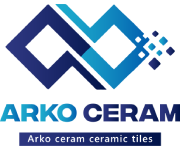
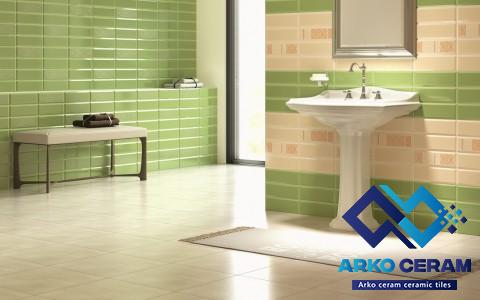
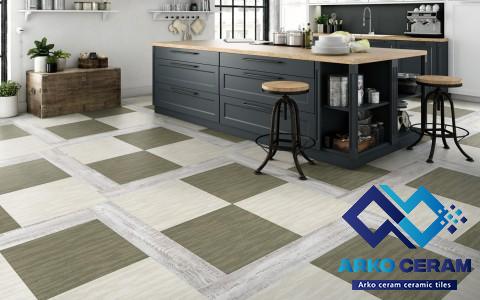
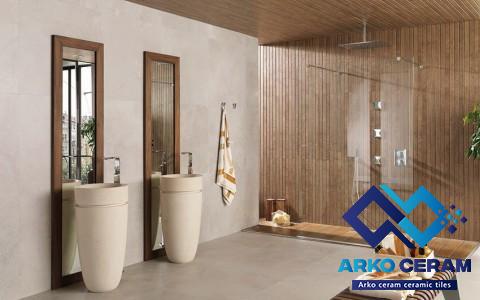
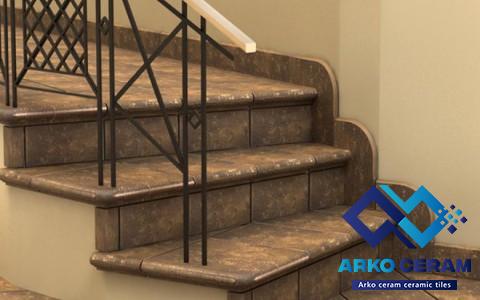
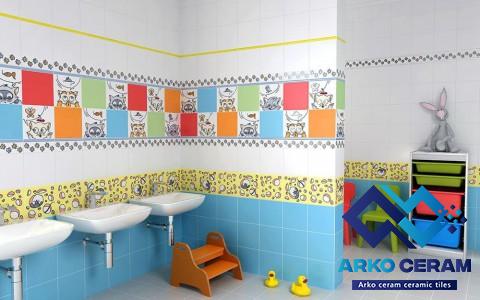
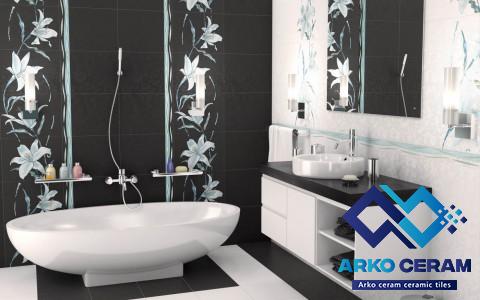
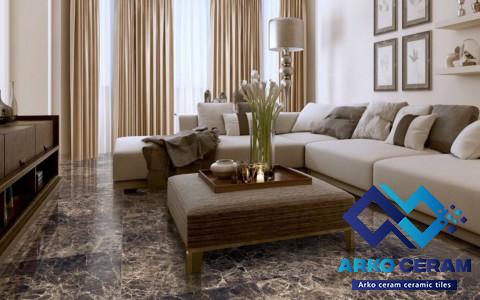
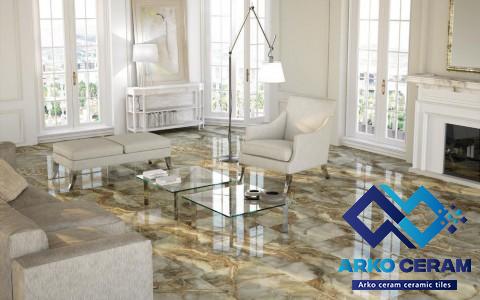
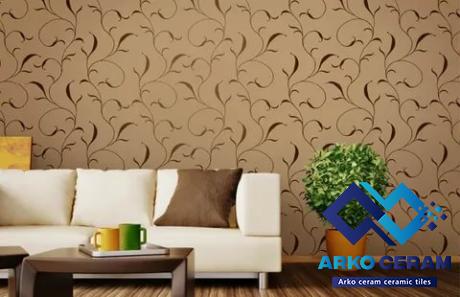
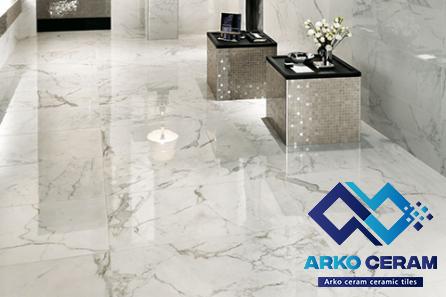
Your comment submitted.